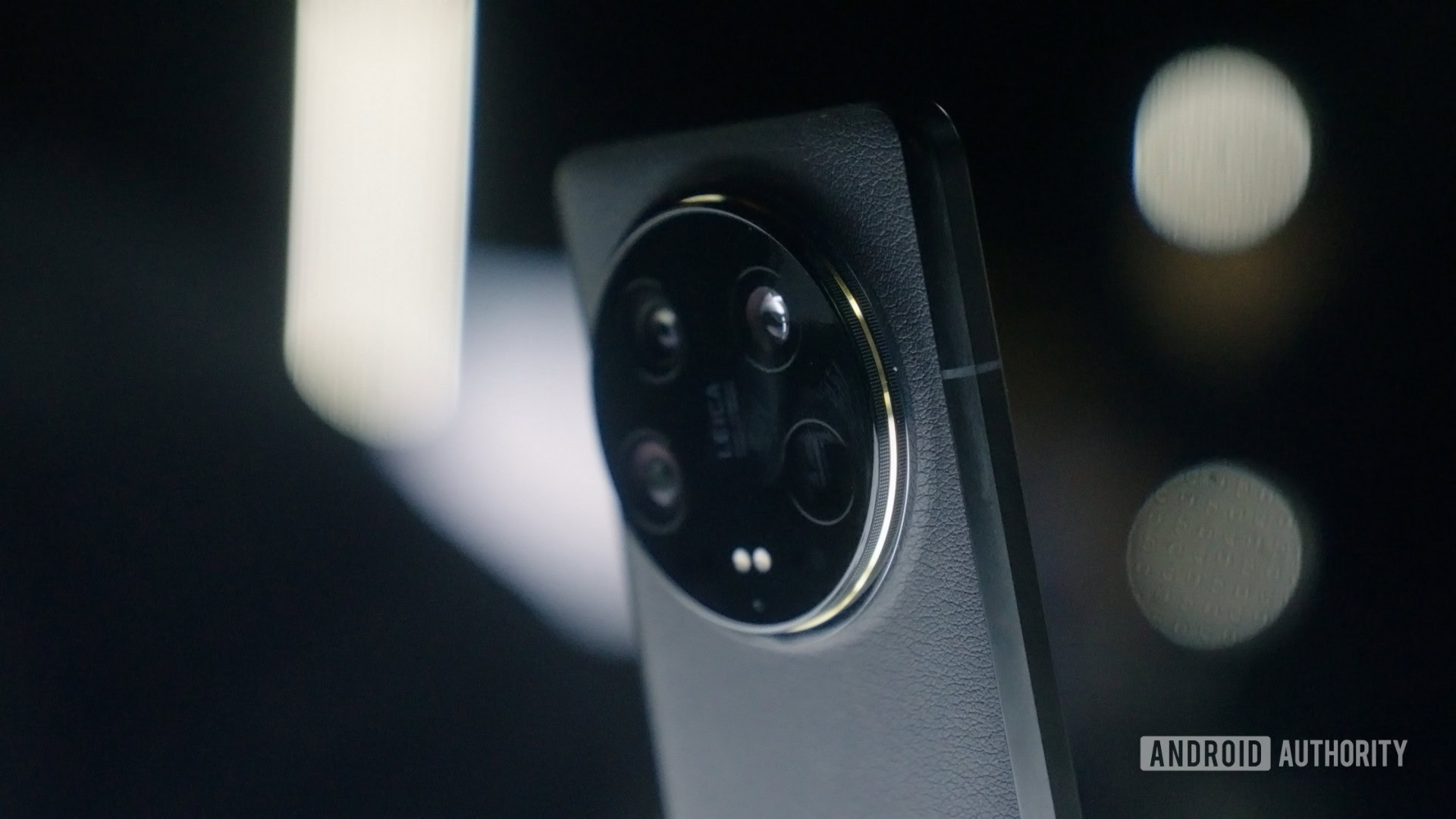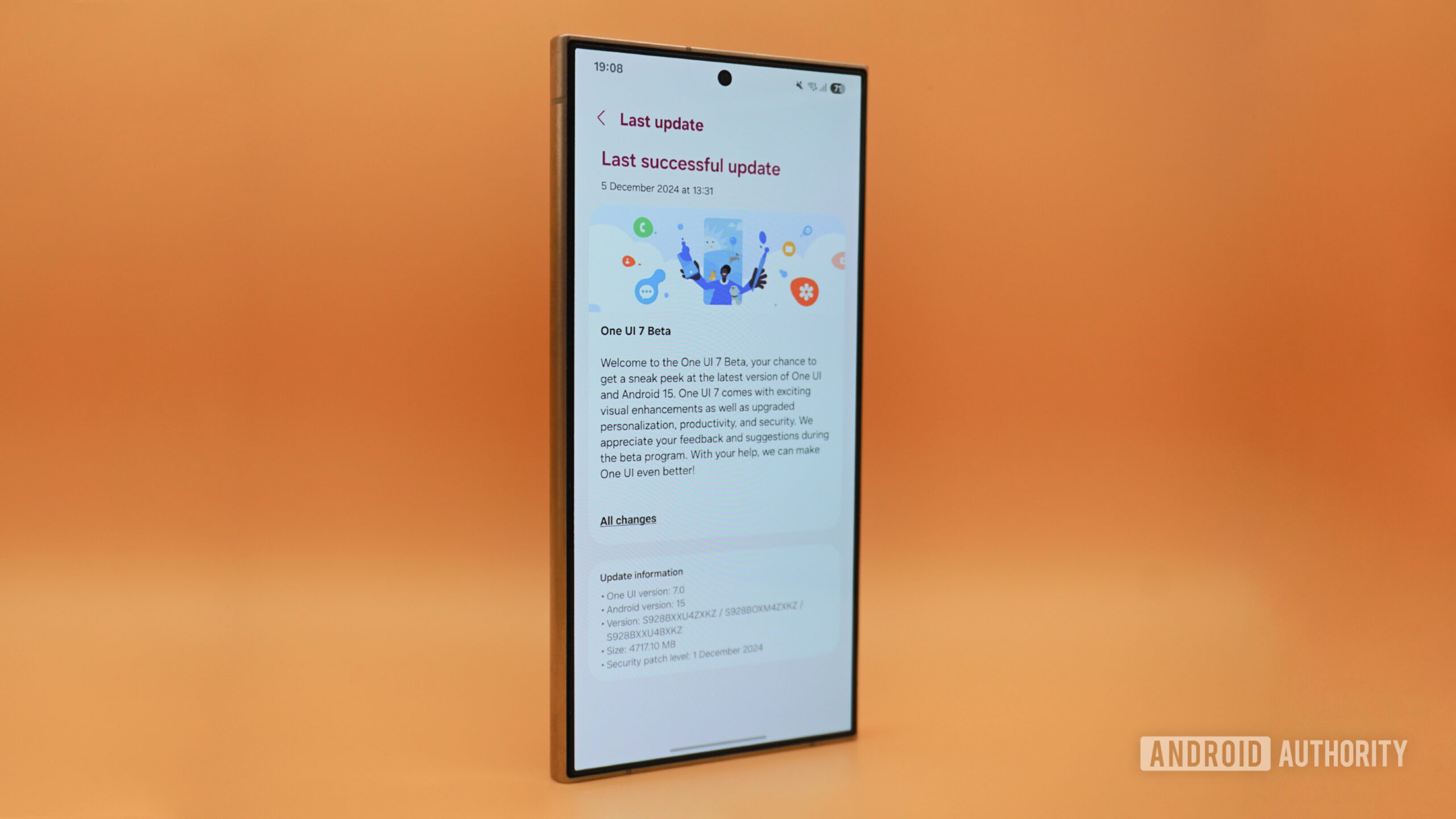Zeda Inc.initially emerged as a potentially leading provider of advanced manufacturing services, leveraging its expertise in critical sectors like medical devices, aerospace, and defense.Formed from the combination of Silicon Valley-based PrinterPrezz and Ohio’s Vertex Manufacturing, the rebranded Zeda had set its sights on becoming a full-service provider with a comprehensive approach to regulated industries.
However, 3DPrint.com has since learned that the company is auctioning over $20 million worth of advanced 3D printing and CNC equipment.The auction, scheduled for January 2025, includes high-end machinery such as Velo3D Sapphire laser powder bed fusion (LPBF) metal printers, AddUp FormUp 350 LPBF systems, and Arcam electron beam melting (EBM) machines.The assets, located in Springdale, Ohio, represent a significant portion of the company’s manufacturing infrastructure, signaling potential challenges for a company once poised to revolutionize regulated industries like aerospace, defense, and medical technology.Zeda’s Ambitious GrowthZeda’s rebranding in early 2023 marked a new chapter, accompanied by a major expansion effort.In March 2023, Zeda secured $52 million in Series B funding, pushing its total capital raised to $68 million.
This substantial investment from both existing and new investors was meant to be used to accelerate Zeda’s operations in Ohio and expand into the Asian market.The funding underscored investor confidence in Zeda’s vision to build a globally distributed manufacturing network that emphasized localized production of critical components for regulated industries.The company’s leadership described its expansion strategy as creating “McDonald’s-like facilities” across key markets, designed to provide localized, high-quality manufacturing solutions.This growth was marked by the opening of a 75,000-square-foot advanced manufacturing facility in Ohio.
The new facility housed state-of-the-art 3D printing equipment, including large-format metal 3D printers from AddUp and Velo3D, as well as specialized CNC machining tools.Zeda’s dual focus on medical technology under Zeda Health and industrial sectors under Zeda Technologies aligned with its goal of serving markets with high compliance requirements.In a strategic move to expand its footprint in the medical sector, Zeda even acquired The Orthopedic Implant Company earlier this year.The auction, managed by New Mill Capital, features low-hour equipment with a replacement cost exceeding $20 million.
Among the items are advanced systems capable of producing precision parts for demanding sectors, a cornerstone of Zeda’s strategy to establish a global, distributed manufacturing network.The sale raises questions about Zeda’s financial health and its ability to maintain operations at its flagship Ohio facility.Zeda’s Legal ChallengesDigging deeper into Zeda’s circumstances uncovers a series of lawsuits that paint a picture of mounting financial strain.One of the most significant cases involves Avtech Capital, LLC, which claims Zeda defaulted on lease payments for essential manufacturing equipment.
Avtech is seeking approximately $2.3 million in damages and the foreclosure of Zeda’s assets due to what the lawsuit describes as a clear “breach of contract.” In another case, NCP Leasing, Inc.filed a lawsuit in Ohio, alleging that Zeda failed to fulfill its obligations under a master equipment lease agreement.NCP is pursuing a judgment for unpaid amounts totaling $169,643 related to this alleged default.Additional lawsuits further complicate Zeda’s situation.
Mackintosh Tool Company, for instance, has filed a case claiming that Zeda failed to pay for materials and services provided, citing damages of $74,766.83.The lawsuit states that Zeda was “unjustly enriched” by retaining the benefits of these materials without meeting payment obligations.Buckeye Power Sales Co., Inc.
has also taken legal action against Zeda over an unpaid invoice amounting to $5,664.84 for materials delivered on credit.Altogether, Zeda is facing at least about $2.6 million from its creditors, a not-insurmountable sum for a company that raised $68 million to execute a unique advanced manufacturing strategy.However, given the fate of other firms in the 3D printing sector, these red flags may signal a dire fate for the company.Zeda’s LeadershipZeda Inc.was founded and led by industry veterans with impressive backgrounds that seemingly positioned the company for success.
Hailing from Applied Materials, Shrinivas Shetty, the CEO, has a dual expertise in engineering and business, with an MBA from Wharton and over 20 years of experience in the semiconductor and additive manufacturing sectors.Kishore Karkera, the COO, has a wealth of operational experience gained from his leadership roles at Apple, where he focused on cross-functional team management and business process improvement.Additionally, Greg Morris, a strategic advisor to Zeda, co-founded Morris Technologies, a pioneer in metal additive manufacturing that was acquired by GE Aviation.It was Morris’s Vertex Manufacturing that made up the majority of the Ohio operations now up for auction.
It is interesting to note that Zeda opted for AddUp machines from a Frenco-American manufacturer, as well as systems from Velo3D, which itself is at the end of its own financial rope.The latter partnership may have ultimately strained Zeda due to declining interest in Velo3D from the broader market as a result of of Velo’s struggles.The company’s legal challenges raise concerns about the risks of scaling too quickly without solidifying financial and contractual foundations.Zeda’s reliance on partnerships and agreements to secure equipment and services for its ambitious projects means that these legal disputes could strain its relationships with suppliers and partners.
The outcome of these cases may also affect the company’s standing with current and potential investors, who are watching closely to see if Zeda can survive its current state.It’s possible that the auction could bring in the necessary cash to pay off its $2.6 million in legal challenges, thus allowing the PrinterPrezz half of the company to maintain its operations and potentially focus entirely on medical devices.Regardless of the outcome, Zeda is not alone in its struggles and similar firms have demonstrated the ability to overcome their own challenges.Shapeways, for instance, has recently been recovered from bankruptcy, while companies like Forward AM and voxeljet have managed to restructure or find new ownership that have enabled at least temporary lifelines.
If the debts are paid off, there may also be private equity funds that are interested in taking over Zeda’s business.All of this is to say that there is still a future for Zeda, though exactly what that future is is uncertain.Given the nature of the market and the thin margins of the AM service sector, it’s clear that the industry needs to figure out solutions to improving these businesses that doesn’t rely solely on increased laser count or even lower-cost Chinese machines.Instead, the solution may come in the form of artificial intelligence-based software that improves efficiency altogether.We reached out to Zeda management for comment and will update this article accordingly if/when we hear back.Subscribe to Our Email NewsletterStay up-to-date on all the latest news from the 3D printing industry and receive information and offers from third party vendors.









